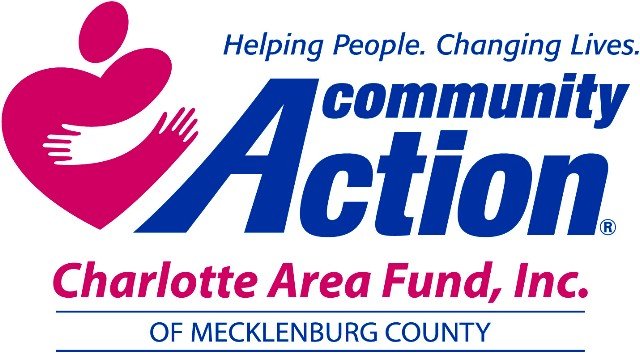Three years after the pandemic began, Americans are starting to move on, and pandemic-related supports are beginning to end. From pre-pandemic rules returning to less free testing available, many healthcare changes are set to occur.
According to the N.C. Department of Health and Human Services, COVID-19 cases are down from a total of 235,842 for the week ending on Jan. 15, 2022, to a total of 15, 595 cases for the week ending on Jan. 14, 2023.
Last August, Gov. Roy Cooper lifted North Carolina’s COVID-19 State of Emergency as COVID-19 cases decreased.
The North Carolina Department of Health and Human Services announced in March it now incorporates COVID-19 data with the North Carolina Respiratory Illness Summary Dashboard, a change from the data being tracked and reported separately.
Earlier this year, the Biden administration announced its plan to end the National Emergency and the Public Health Emergency declarations related to COVID-19 on May 11, 2023.
These declarations gave the flexibility to waive or modify certain requirements for healthcare providers, Medicare and Medicaid programs.
As the declarations come to an end, here’s what will be changing in healthcare:
COVID-19 testing
Private health insurance plans will no longer be required to cover COVID-19 testing, including over-the-counter tests, according to the Kaiser Family Foundation. Depending on their individual health insurance, [patients may have to pay for COVID-19.
Also, beginning in May, the government will no longer offer free at-home COVID-19 tests.
Medicaid enrollees, however, will continue to get free tests, including at-home, until September 30, 2024.
Medicare Part B beneficiaries will continue to have free tests when a provider orders, but current access to free over-the-counter tests will end.
The North Carolina Department of Health and Human Services will allow all households to request free, at-home COVID-19 tests through the Project Access COVID Tests program until June 30, 2023. Each household will receive two kits with five tests per kit up to once a month for the duration of the program. Households can order tests at www.AccessCovidTests.org.
COVID-19 Vaccinations
While private health plans must continue to cover COVID-19 vaccines from an in-network provider at no cost, there may be cost-sharing for vaccines out-of-network. Healthcare recipients are encouraged to contact their health plan organization to learn which providers can provide COVID-19 vaccines at no cost to them.
For those uninsured, Moderna announced in March that it would still offer free vaccines through a statement released in February.
Medicare Part B will continue to cover Covid-19 vaccinations without cost-sharing.
Medicaid will continue to cover all Covid-19 vaccinations for its recipients at no cost until September 30, 2024.
Telehealth
Most Medicare and Medicaid telehealth flexibilities will stay until December 31, 2024, thanks to the Consolidated Appropriations Act of 2023.
Medicare patients will now permanently be able to receive telehealth services for behavioral or mental healthcare in their homes without geographical restrictions.
COBRA
On July 10, 2023, 60 days after the end of the public health emergency, COBRA rules will revert to their pre-pandemic existence.
Employers will no longer make extensions when determining the following:
- The 60-day election period for COBRA continuation coverage.
- The date for making COBRA premium payments.
- The deadline for employers to provide individuals with notice of their COBRA continuation rights.
- The 30-day Special Election Period to request enrollment in a group health plan.
